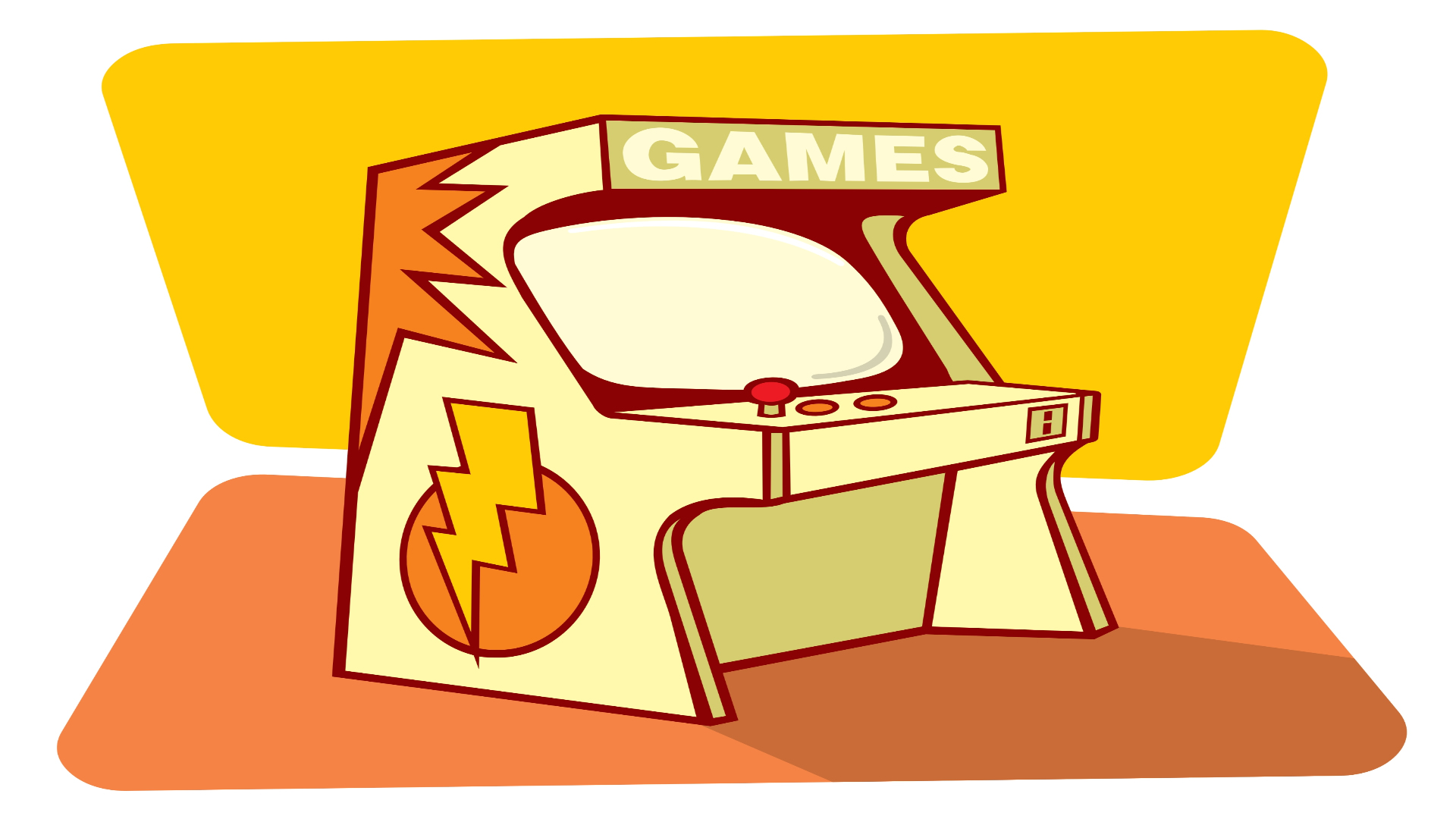
The man had an interesting career: he fled Nazi Germany in 1938; was drafted into World War 2 in 1943; and, courtesy of the G.I. Bill, attained the first ever BSc in Television Engineering in 1949. By 1961 he ended up at Sanders Associates - a defense contractor that specialised in electronic systems. In September 1966, Baer laid out his ideas for an interactive television game - and work began on a series of prototypes. These prototypes culminated in the 'Brown Box' design in 1968 - so named for its wood-grain effect vinyl covering. This device connected to any standard television and could play a variety of games - including a tennis game that has a startling similarity to Pong, seen here in a 1969 demonstration. This was the system that would eventually be licensed and sold as the Magnavox Odyssey in 1972: the very first home video game system. Everything at Sanders was remarkably well-documented - perhaps because of their work for the military - but this means there's a large body of dated documentation to accompany Baer's invention. Additionally, unlike Tennis for Two at Brookhaven National Laboratory, and SpaceWar! at MIT - Sanders was a commercial entity: they existed for profit, and were at liberty to patent their innovations. And patent they did, with Baer's work submitted in 1968, amended while pending in 1971 - and granted in 1973: US patent No. 3,728,480. A second was filed in '69, granted in '72 and reissued in '75 - Reissue. 28,507. Collectively, the '480 and '507 patents gave Sanders (and licensee Magnavox) a very strong legal right to fundamental concepts behind early video games. A right which they exploited: Magnavox filed lawsuits against Atari, Bally Midway, Chicago Coin, Mattel, Activision - and won all of them, garnering substantial licensing fees. Nintendo pre-emptively sued Magnavox for the US launch of the NES in 1985: in an effort to overturn these patents. They lost as well. Patents are strong, and Magnavox had precedence. Despite the legal victories, Baer was regarded as something of an 'also-ran' in the early video game stakes, but he gained quite some recognition following the 2004 award of the National Medal of Technology. His time spent forgotten is evident in the frustrated tone of his 2005 book: 'Videogames: In The Beginning' He lays his claim to the industry's genesis, and the disdain for Nolan Bushnell - and Atari's later success - is particularly apparent. He's also very dismissive of any precursors: he writes off Spacewar! as impractical, and Tennis For Two as akin to 'fiddling with an oscilloscope'. But it's hard to blame him. He was definitely a pioneer. Ralph Baer died in 2014 at the age of 92, his accomplishments in video games eulogised. Whether or not he invented video games, he can lay legitimate claim to the first 'home video game' - but I feel there's more to video games than just consoles. To complicate things further: while Tennis for Two and the 1947 patent steal the limelight, anything between these milestones falls through the cracks. Take OXO for instance - a 1952 game developed for the EDSAC, an early digital computer. It's a simple game of noughts and crosses (or tic tac toe if you'd prefer). Its display uses a cathode ray tube - in fact, the computer has three of them used to indicate program and system status. The middle tube is normally used to display part of memory, in a 35 by 16 dot matrix - but rather than store gamestate in binary, OXO exploited the visual memory display to create a game board: filling up with Xs and Os as the game is played. Then there's NIMROD, part of the 1951 Festival of Britain. A dedicated machine designed to play the game of Nim 'faster than thought', played on a bank of lights: the player and AI taking turns to remove them, attempting to leave the last light for their opponent. Bertie The Brain was another computing demonstration in the summer of 1950 at the Canadian National Exhibition. Similar to the later OXO, Bertie was a computer AI designed to play a game of tic-tac-toe on a display illuminated by an array of light bulbs. So we have a number of candidates for 'the first ever game', and we've painted a picture of our understanding over the last few decades. Paradoxically, the further you go back, the more recent the consensus of the 'first ever video game' - and everything seems to converge on Pong. As video gaming developed, so too did the appreciation of its history - and as more scrutiny was given to the limits of popular memory, the origin was pushed farther back - first to Spacewar!, then Tennis for Two. The principal catalyst for this interest, at least at first, were the Magnavox lawsuits - with a very strong financial incentive for someone to overturn these key patents. But as we shed more light on the past, another paradox emerges: The more we uncover, the less certain we become.